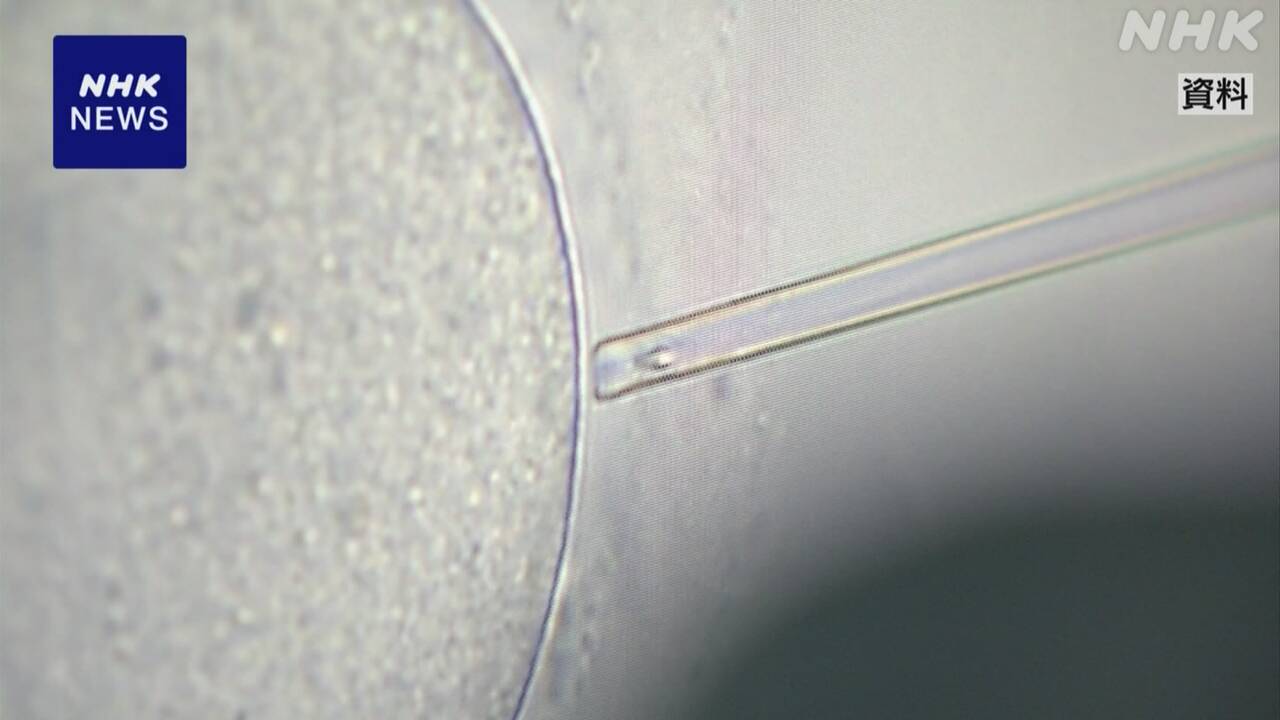NHK interviewed several companies that mediate egg donation regarding pregnancy and childbirth through egg donation from a third party, which until now has mainly been carried out overseas due to the lack of necessary rules in Japan. However, it has been discovered that at least 340 people have received egg donation in Japan since 2020.
Egg donation, which involves receiving eggs from a third party to give birth, is not prohibited in Japan, but the rules are not well established, and with the exception of some cases such as infertility due to illness, it is mainly prohibited overseas. It was carried out by traveling abroad.
NHK interviewed several companies that mediate egg donation for Japanese people to find out whether they have ever mediated egg donation in Japan.
As a result, it was found that seven companies have mediated egg donation in Japan, and at least 340 women have actually received treatment in Japan through these companies since 2020.
Many of these companies say they have started to act as intermediaries in Japan because it has become difficult to travel overseas due to the coronavirus pandemic.
Since there are no specific rules regarding egg donation in Japan, issues such as ensuring safety and ensuring the right to know the parentage of the child born have been pointed out, but to what extent has it been implemented so far? The exact situation, such as whether or not there were any, was not known.
Yasunori Yoshimura, a professor emeritus at Keio University who is an expert on reproductive medicine, said, ``I was surprised that so many people were receiving the donation domestically, even during the coronavirus pandemic.Currently, it is difficult for those who have received the donation to tell the people around them. "In some cases, it can be difficult to convey the circumstances to a newborn child. Rules and guidelines should be created as soon as possible."
Domestic rules haven't been developed for a long time
Regarding childbirth through egg donation in Japan, in 2003, the subcommittee on assisted reproductive technology of the national council concluded a report stating that it is ``permissible within a certain range,'' but at the same time, ``the necessary system is not in place.'' Conditions were attached such as ``It should not be implemented until the
However, the ``necessary systems'' that were later pointed out were not put in place for a long time.
For this reason, although there is no law prohibiting egg donation in Japan, there is an established belief among those involved that it cannot be done in Japan, and cases of egg donation by traveling overseas are increasing. Ta.
Additionally, the Japan Society of Obstetrics and Gynecology has not expressed an opinion on egg donation in Japan, and reproductive medicine officials have said that ``we have no choice but to be cautious about implementing egg donation in the absence of rules.'' It was rising.
Against this backdrop, a bipartisan coalition of parliamentarians is working on drafting a bill regarding assisted reproductive technology, including egg donation, with the aim of submitting it to the current Diet session.
In the debate surrounding egg donation in Japan, important issues have been pointed out, such as the health of the woman receiving the donation and the donor who donates the eggs, and the guarantee of the right to know the birthplace of the child born. It has become clear that reality precedes any discussion of the points.

